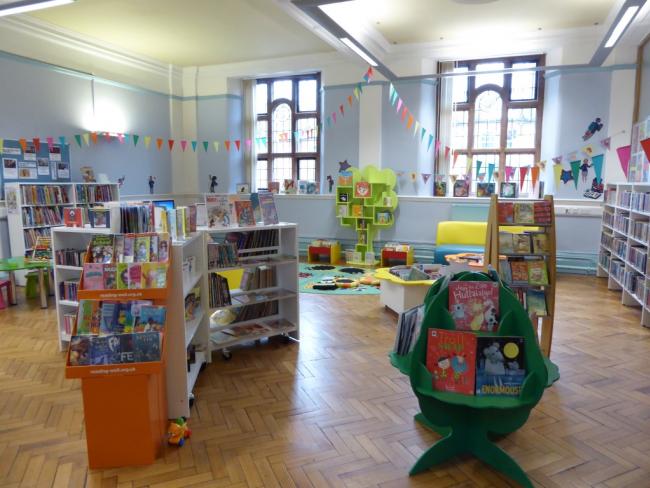23 June 2025

Free access to books is important for all, from the earliest age. Carnegie Library, Herne Hill, London. Photo Julia Chandler Libraries Taskforce (CC BY 2.0).
Librarians in Britain and internationally have warned of threats to their ability to offer books freely for all readers. They are standing up for freedom of thought.
For many years, US librarians have had to defend their collections against religious fundamentalists who try to have particular titles banned. Similar attacks on free speech and thought are growing in Britain, but librarians and authors are responding.
Challenged
The American Library Association (ALA) has long monitored the problem, producing an annual list of the “most challenged” books. Over the years The Communist Manifesto, Darwin’s On the Origin of Species, Hemingway’s For Whom the Bell Tolls, Mark Twain’s Adventures of Huckleberry Finn and JD Salinger’s The Catcher in the Rye have all been challenged.
‘Attempts to ban books from British libraries are not new.’
Attempts to ban books from libraries are not new in Britain. The list of books may differ but the attack is the same. Salman Rushdie’s The Satanic Verses was the subject of angry demonstrations and riots in 1989 by Islamic fundamentalists. In some cases librarians were threatened with violence for stocking the title.
Right to read
The problem has grown since then. An Index on Censorship survey of British school librarians last year found that half of those responding had been asked to remove books from their shelves.
The School Library Association, the Chartered Institute of Library and Information Professionals and the Society of Authors issued a joint statement in support of intellectual freedom and the right to read.
The Times used Freedom of Information requests to survey public libraries. It found that titles such as Raymond Briggs’s children’s book, Fungus the Bogeyman, had been removed from libraries, in some cases after a complaint from a single reader.
Censorship
Censorship does not only take the form of banning books. It can simply be a failure to stock titles. The Free Speech Union surveyed 49 English library authorities and searched for five books written from a gender critical perspective and five from a trans rights point of view.
They found that more than two thirds of these libraries stocked more of the trans rights books than the gender critical ones, although demand suggests that gender critical books are more popular.
